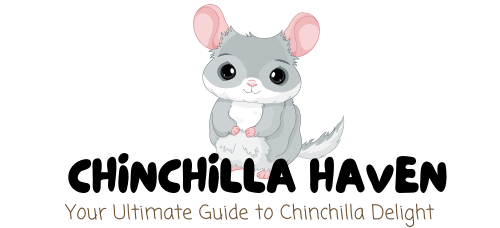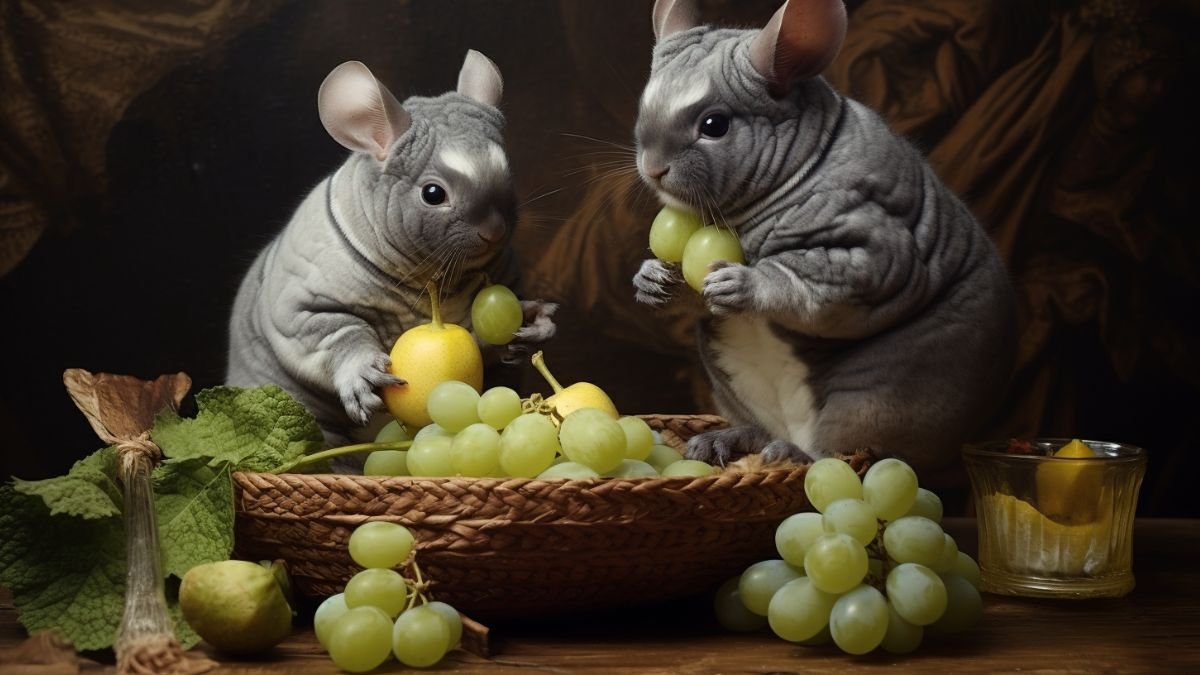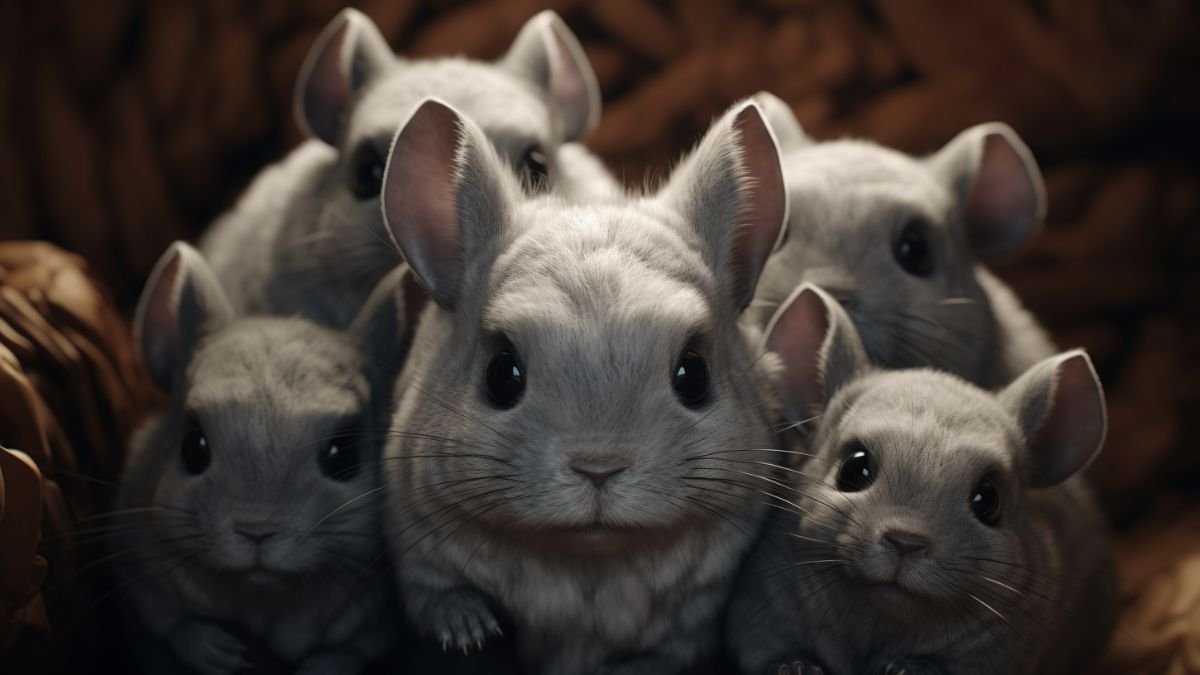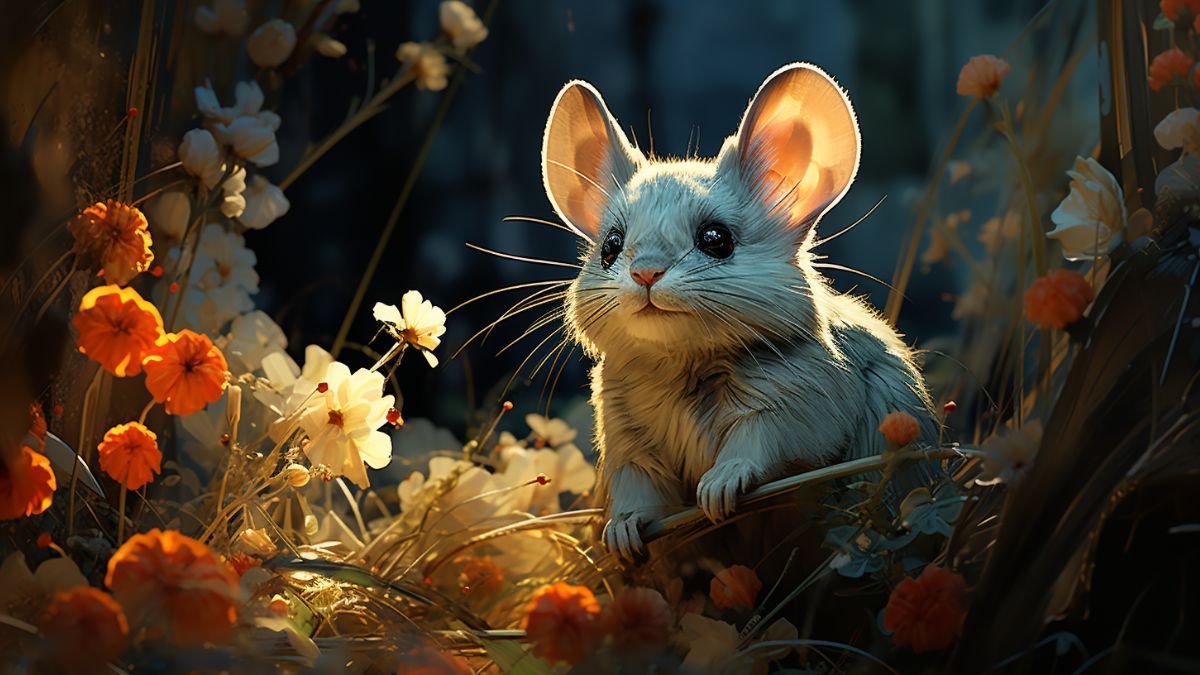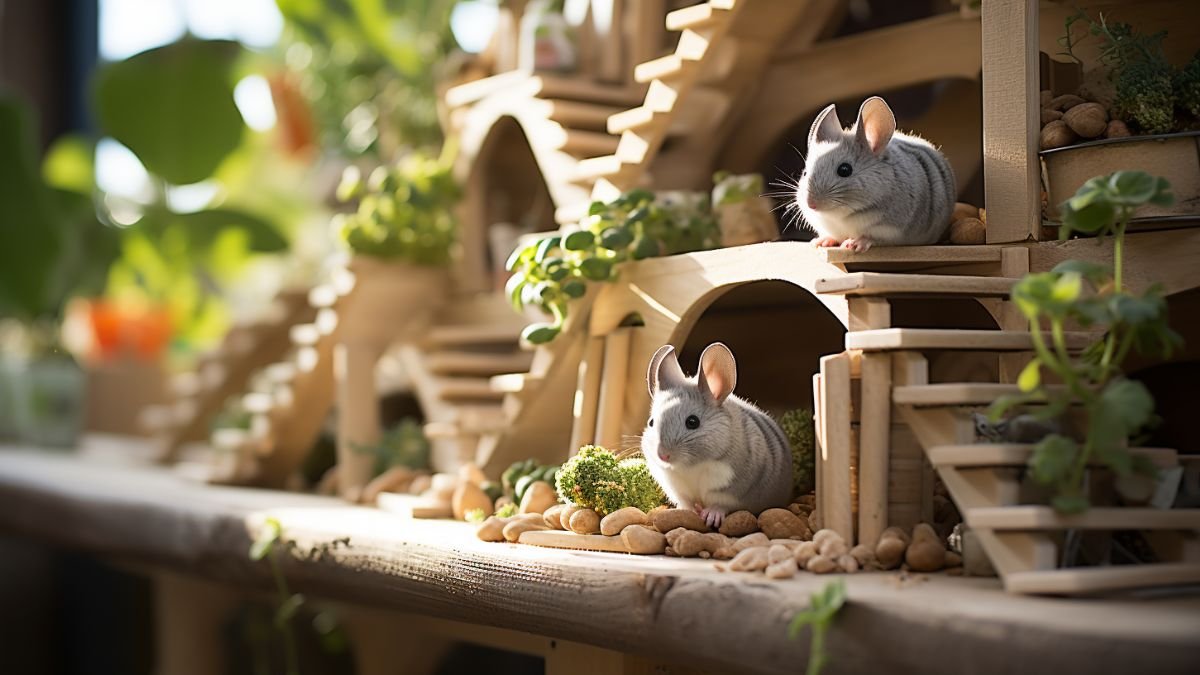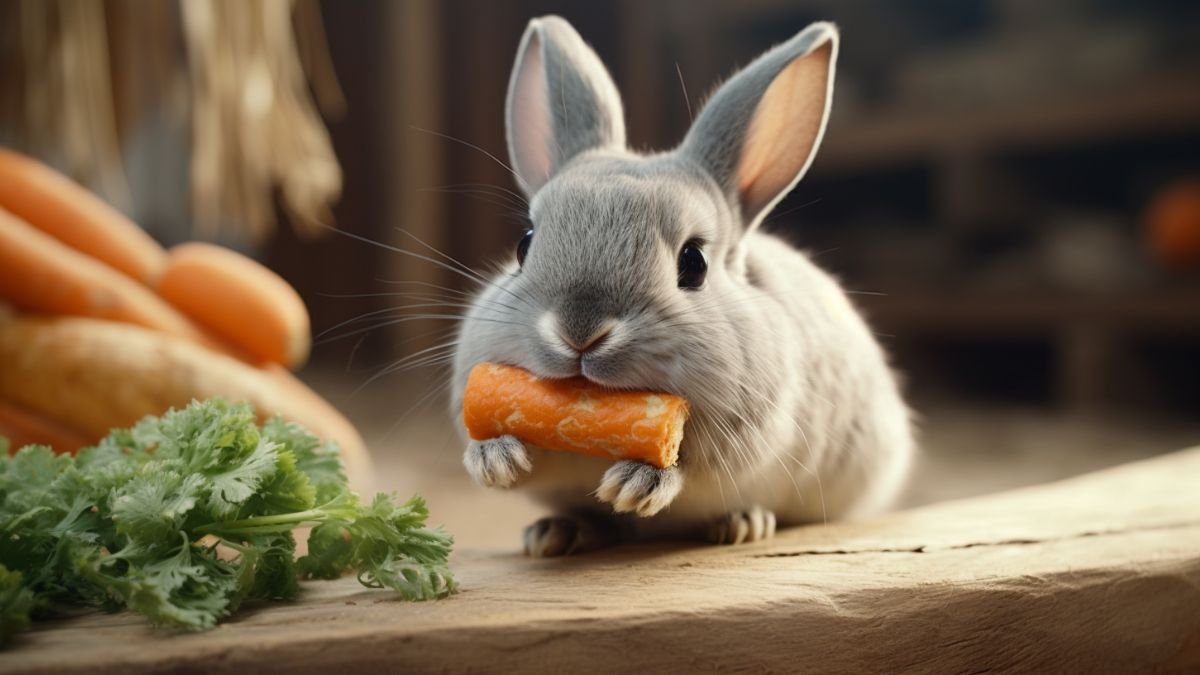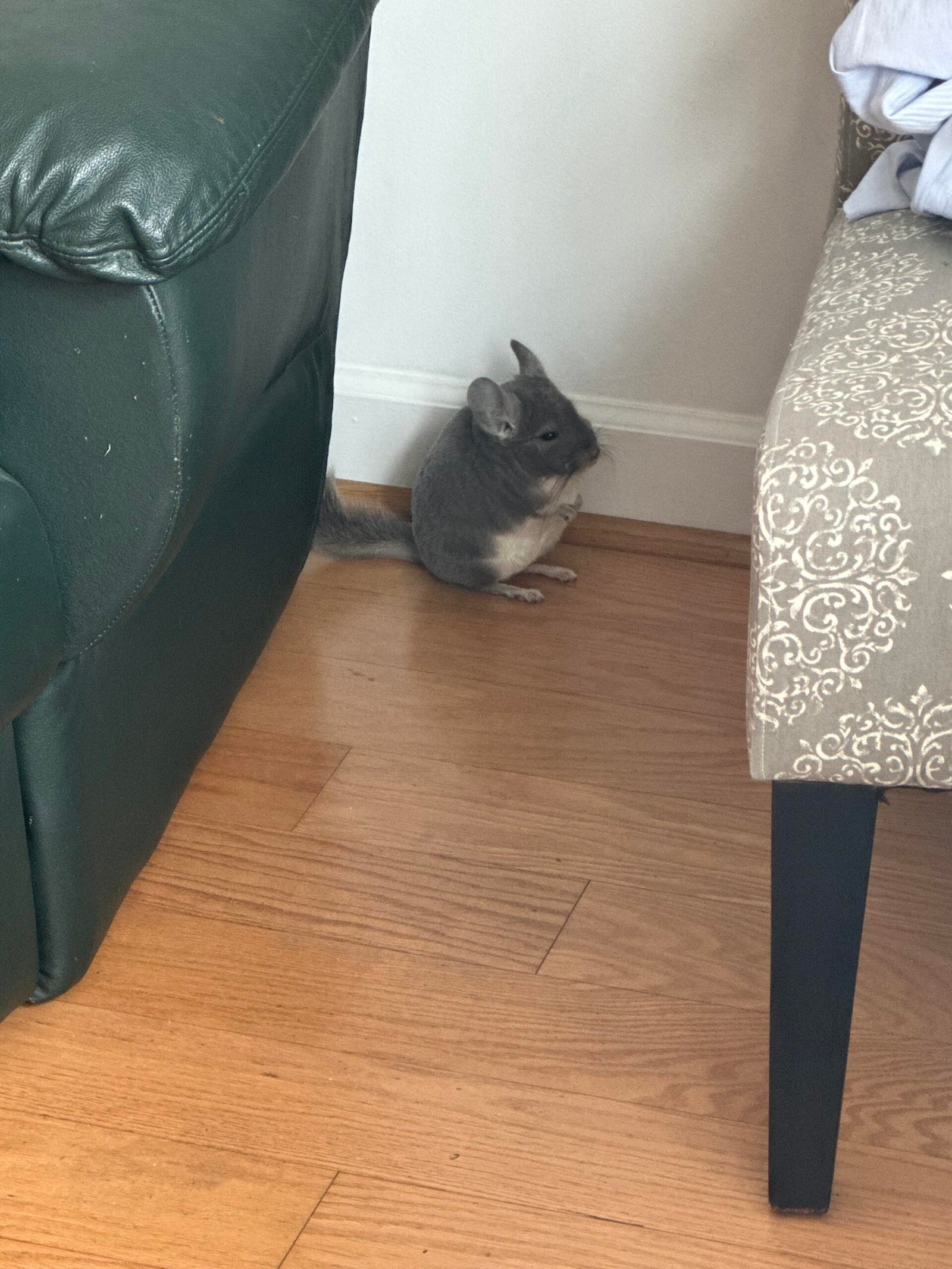
You’ve just welcomed a baby chinchilla into your care, and now comes an important question: what should you feed your little one after weaning? Getting their diet right is crucial for healthy growth and a happy life.
But with so many options out there, it can feel overwhelming to choose the best foods. Don’t worry—this guide will help you understand exactly what your baby chinchilla needs to thrive. Keep reading to discover simple, effective feeding tips that will set your furry friend up for success.
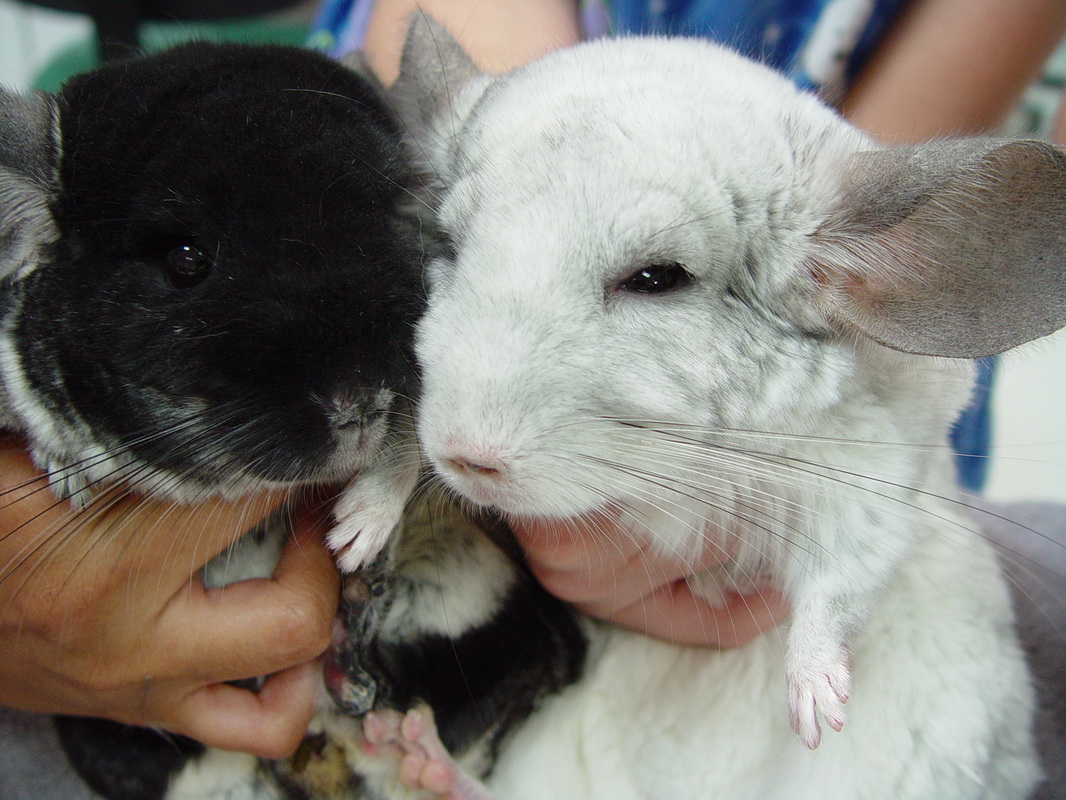
Nutritional Needs Post-weaning
After weaning, baby chinchillas need special care with their diet. Their bodies grow fast and require the right nutrients. Feeding them well helps build strong bones and good digestion. The focus should be on food that is easy to digest and rich in fiber.
At this stage, their digestive system still develops. Proper nutrition supports their health and energy. A balanced diet keeps them active and prevents illness.
Nutrient Requirements For Growth
Baby chinchillas need more protein than adults. Protein helps build muscles and tissues. Fiber is also essential to keep their gut healthy. Calcium and phosphorus support bone strength. Vitamins A and D improve vision and immunity.
Safe Foods To Introduce
High-quality hay is the best food after weaning. Timothy hay or orchard grass works well. Pellets made for chinchillas provide needed nutrients. Fresh water must be available at all times. Avoid sugary treats or foods with artificial ingredients.
Foods To Avoid
Do not feed baby chinchillas fruits or vegetables often. These can cause diarrhea and upset their stomach. Avoid nuts and seeds as they are too fatty. Chocolate, caffeine, and human snacks are toxic and harmful.
How To Monitor Eating Habits
Watch how much your baby chinchilla eats daily. Sudden changes in appetite may signal health problems. Check their droppings for consistency and quantity. Healthy droppings mean good digestion. Consult a vet if you see any issues.
Choosing Quality Hay
Choosing quality hay is very important for baby chinchillas after weaning. Hay helps their digestion and keeps their teeth healthy. Good hay gives them the fiber they need for strong growth and energy. Always pick fresh, clean hay for your little pet.
Types Of Hay Suitable For Baby Chinchillas
Timothy hay is a favorite for baby chinchillas. It has good fiber and low calcium. Orchard grass hay is soft and easy to chew. Alfalfa hay has more protein and calcium but should be given in small amounts.
How To Identify Fresh Hay
Fresh hay smells sweet and grassy. It should feel dry and not dusty. Look for green color, not brown or yellow. Avoid hay with mold or strange smells. Dirty hay can cause health problems.
Storing Hay Properly
Keep hay in a cool, dry place. Use a container that allows air flow. Avoid direct sunlight or damp areas. Good storage keeps hay fresh longer and stops mold growth.
Pellet Selection Tips
Choosing the right pellets is key to a baby chinchilla’s health after weaning. Pellets provide essential nutrients needed for growth and energy. Not all pellets suit young chinchillas, so careful selection matters.
Focus on quality pellets made specifically for chinchillas. These pellets have the right balance of fiber, protein, and vitamins. Avoid pellets mixed with seeds or nuts, as they can cause digestive issues.
Check Ingredient Lists Carefully
Look for pellets with timothy hay as the main ingredient. This fiber source supports healthy digestion. Avoid pellets with corn, wheat, or high sugar content. These ingredients can upset a chinchilla’s stomach.
Choose High Fiber Content
Fiber helps keep the digestive system moving well. Baby chinchillas need pellets with at least 18% fiber. High fiber pellets reduce the risk of gut problems later.
Select Pellets With Moderate Protein
Protein supports muscle growth but should not be too high. Aim for pellets with about 16-18% protein. Too much protein can stress young chinchillas’ kidneys.
Pick Pellet Size Suitable For Babies
Small pellets are easier for baby chinchillas to eat. Large pellets can cause choking or waste food. Select pellets designed for young or small chinchillas.

Fresh Vegetables To Include
Fresh vegetables are important for baby chinchillas after weaning. They give essential vitamins and minerals. These nutrients help growth and keep chinchillas healthy. Always introduce veggies slowly to avoid stomach problems.
Choose vegetables that are safe and easy to digest. Offer small amounts to see how your baby chinchilla reacts. Wash vegetables well to remove dirt and chemicals. Avoid vegetables high in water to prevent diarrhea.
Leafy Greens
Leafy greens like kale, spinach, and romaine lettuce are good choices. They provide fiber and vitamins. Feed only fresh, clean leaves. Avoid giving too much spinach because it has oxalates.
Carrots
Carrots offer vitamin A and a little sweetness. Cut them into small pieces. Feed carrots in moderation to avoid too much sugar. Baby chinchillas usually enjoy them as a treat.
Bell Peppers
Bell peppers are rich in vitamin C. Remove seeds before feeding. Use red, yellow, or orange peppers. Give small amounts to start. These veggies add color and nutrients.
Cucumber
Cucumber has lots of water and some vitamins. Peel the skin to reduce pesticides. Feed only a small slice to avoid stomach upset. It is refreshing and light for baby chinchillas.
Broccoli
Broccoli contains fiber and vitamin C. Offer tiny pieces of florets. Avoid giving stems, which can be hard to digest. Feed in moderation to prevent gas.
Safe Fruits For Treats
Baby chinchillas enjoy treats, but not all fruits are safe for them. Choosing the right fruits helps keep them healthy. Fruits provide vitamins and natural sweetness. These treats should be given in very small amounts. Too much fruit can upset their stomach.
Only fruits low in sugar and moisture suit baby chinchillas. Avoid fruits with seeds or pits that can harm them. Fresh fruits must be clean and free from chemicals. Always introduce new fruits slowly to watch for any reactions.
Apples
Apples are a good treat if given in small slices. Remove all seeds and the core before feeding. Apples offer vitamin C and fiber. They help keep your baby chinchilla’s teeth healthy.
Pears
Pears have a mild sweetness that chinchillas like. Cut into tiny pieces to avoid choking. Pears provide vitamins A and C. Feeding pears occasionally supports their immune system.
Blueberries
Blueberries are safe and rich in antioxidants. Offer just a few berries at a time. These fruits help protect cells and improve health. Fresh blueberries are better than dried ones.
Strawberries
Strawberries are tasty and a good source of vitamin C. Remove the green tops before feeding. Small strawberry pieces make a perfect treat. They add variety to your chinchilla’s diet.
Bananas
Bananas should be given sparingly due to high sugar content. Offer thin slices only once in a while. Bananas provide potassium and energy. Overfeeding may cause digestive problems.
Avoiding Harmful Foods
Feeding baby chinchillas the right food after weaning is very important. Some foods can harm their health and cause serious problems. Avoiding harmful foods keeps your chinchilla safe and strong. It helps their digestion and growth. Always know which foods to avoid to protect your pet.
Foods High In Sugar And Fat
Chinchillas cannot digest sugary or fatty foods well. These can cause stomach pain and obesity. Avoid treats like candy, chocolate, and nuts. Stick to plain pellets and hay for a healthy diet.
Fresh Fruits And Vegetables To Skip
Some fruits and vegetables can upset chinchillas’ stomachs. Avoid citrus fruits, onions, and garlic. These foods may cause diarrhea or poisoning. Only give safe, small amounts of fresh greens if recommended.
Avoid Human Snacks And Junk Food
Human snacks contain salt and chemicals harmful to chinchillas. Chips, bread, and cookies can lead to illness. Keep all processed foods away from your pet. Natural chinchilla food is always better.
Plants That Are Toxic To Chinchillas
Some common plants are dangerous if eaten by chinchillas. Avoid rhubarb leaves, tomato plants, and ivy. These plants contain toxins that can harm or kill your pet. Always check plants before letting your chinchilla near them.
Hydration Essentials
Baby chinchillas need fresh water and soft hay after weaning for proper hydration and growth. Small amounts of pellets can also support their diet. Avoid sugary or salty foods to keep them healthy and hydrated.
Importance Of Water For Baby Chinchillas
Water keeps baby chinchillas healthy and active. It helps their digestion and body functions. After weaning, their water needs grow. Fresh, clean water must be available all day. Dehydration can cause serious health problems quickly.
Choosing The Right Water Source
Use filtered or bottled water if tap water is hard. Avoid water with chemicals or chlorine. These can upset their stomachs. Change water daily to keep it fresh. Use a water bottle with a metal spout to prevent spills.
Encouraging Baby Chinchillas To Drink
Place the water bottle at chinchilla nose level. Show them how to drink by gently touching their mouth to the spout. Some chinchillas prefer a shallow dish, but bottles are cleaner. Check daily to make sure they are drinking enough.
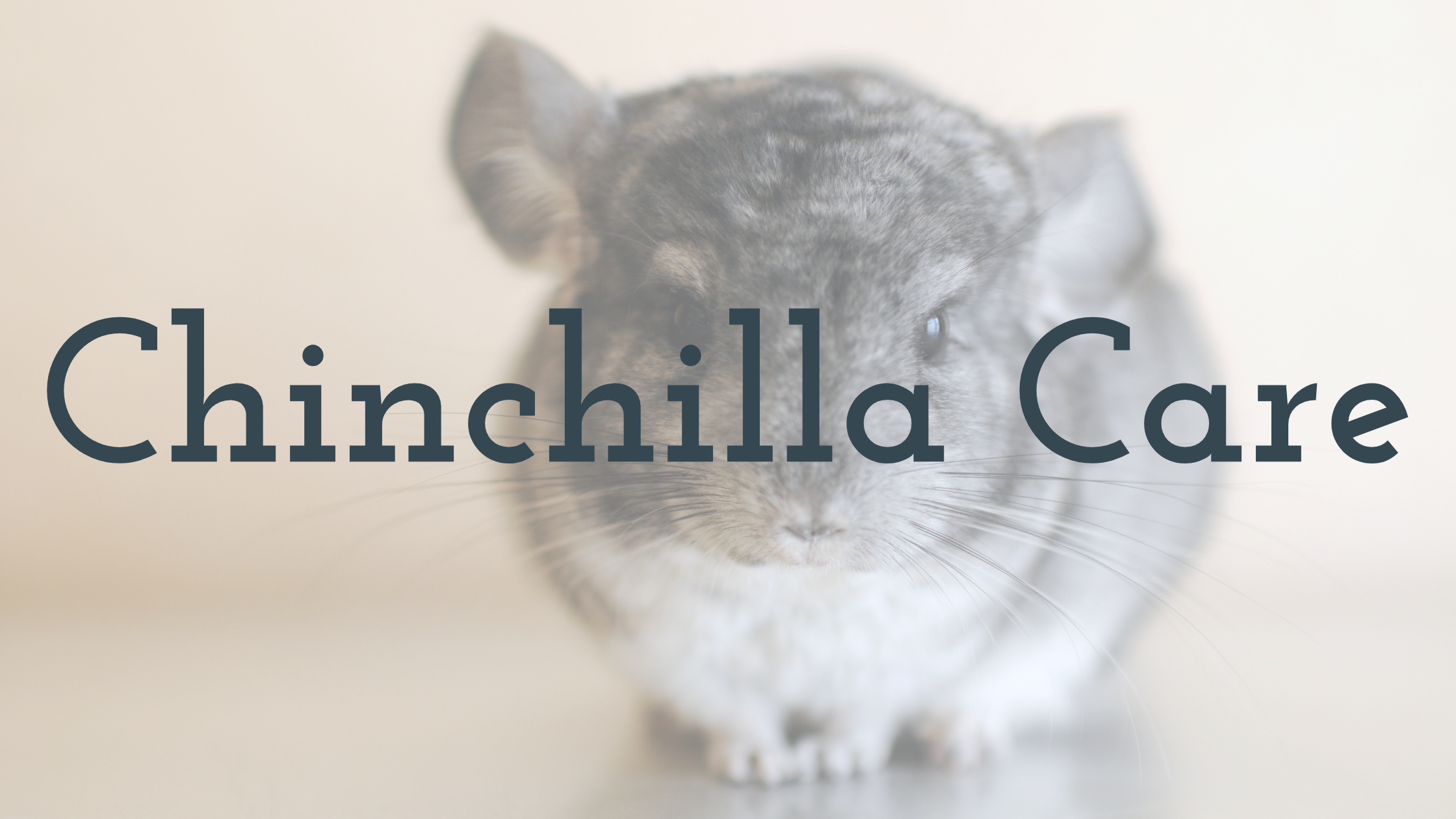
Feeding Schedule Guidelines
Creating a feeding schedule for baby chinchillas is key to their health. It helps them grow strong and stay active. Feeding at regular times also supports good digestion and prevents overeating. A clear routine makes caring for your pet easier and more predictable.
Daily Feeding Frequency
Baby chinchillas need food two to three times a day. Space meals evenly through the day. Morning, afternoon, and early evening work well. Avoid feeding late at night to protect their sleep cycle.
Portion Sizes For Baby Chinchillas
Start with small portions and increase slowly as they grow. Offer about one tablespoon of pellets per meal. Add fresh hay freely so they can eat as much as they want. Watch their weight to adjust food amounts.
Introducing Fresh Water
Fresh water should always be available. Change water daily to keep it clean. Use a small bottle with a nozzle to prevent spills. This encourages proper hydration and keeps your chinchilla healthy.
Monitoring Growth And Health
Monitoring your baby chinchilla’s growth and health is very important after weaning. Careful observation helps catch problems early. It also supports proper development and long life. Healthy chinchillas are active, eat well, and have clean fur.
Keep track of their weight and body condition. Watch their behavior and appetite closely. Changes may signal health issues that need attention. Regular checks ensure your chinchilla grows strong and happy.
Tracking Weight Gain Regularly
Weigh baby chinchillas once or twice a week. Use a small, accurate scale for best results. Record their weight to see steady growth. Sudden drops or no gain can mean illness or poor diet.
Healthy chinchillas gain weight slowly and steadily. Avoid overfeeding to prevent obesity. Balanced weight gain shows they are eating the right foods.
Observing Physical Appearance
Look at your chinchilla’s fur and eyes daily. Fur should be soft, clean, and smooth. Eyes must be bright and clear. Dull fur or crusty eyes may signal health problems.
Check for signs of dehydration or skin issues. Healthy skin is elastic and free of sores. Prompt attention to changes can prevent serious illness.
Monitoring Behavior And Activity
Healthy chinchillas are curious and playful. Watch how your pet moves and interacts. Lethargy or hiding can indicate discomfort or sickness.
Notice their eating and drinking habits. A drop in appetite or water intake is a warning sign. Early detection helps keep your chinchilla healthy.
Frequently Asked Questions
What Should Baby Chinchillas Eat After Weaning?
Baby chinchillas need high-quality hay and specially made pellets for growth after weaning.
Can Baby Chinchillas Eat Fresh Vegetables?
Introduce small amounts of fresh vegetables slowly to avoid digestive problems in baby chinchillas.
How Often Should I Feed Baby Chinchillas Daily?
Feed baby chinchillas twice a day with measured portions to maintain their health.
Is Alfalfa Hay Good For Baby Chinchillas?
Alfalfa hay is good for baby chinchillas because it has extra calcium and protein.
When Can Baby Chinchillas Start Eating Pellets?
Start feeding pellets to baby chinchillas around 6 to 8 weeks old after weaning.
Should I Avoid Sugary Treats For Baby Chinchillas?
Yes, avoid sugary treats as they can harm baby chinchillas’ digestive systems.
How Much Water Do Baby Chinchillas Need?
Baby chinchillas need fresh water available at all times to stay hydrated.
Can I Give Baby Chinchillas Fruit As Treats?
Offer fruits very rarely, in tiny amounts, as treats for baby chinchillas only.
Conclusion
Feeding baby chinchillas right after weaning is very important. Give them fresh hay and chinchilla pellets daily. Avoid sugary or fatty treats that can harm them. Fresh water must always be available. Watch their eating habits and health closely. Good food helps them grow strong and healthy.
Keep their diet simple and balanced. This care supports a happy, active chinchilla life. Small steps lead to big benefits. Your chinchilla will thank you with good health and energy.
